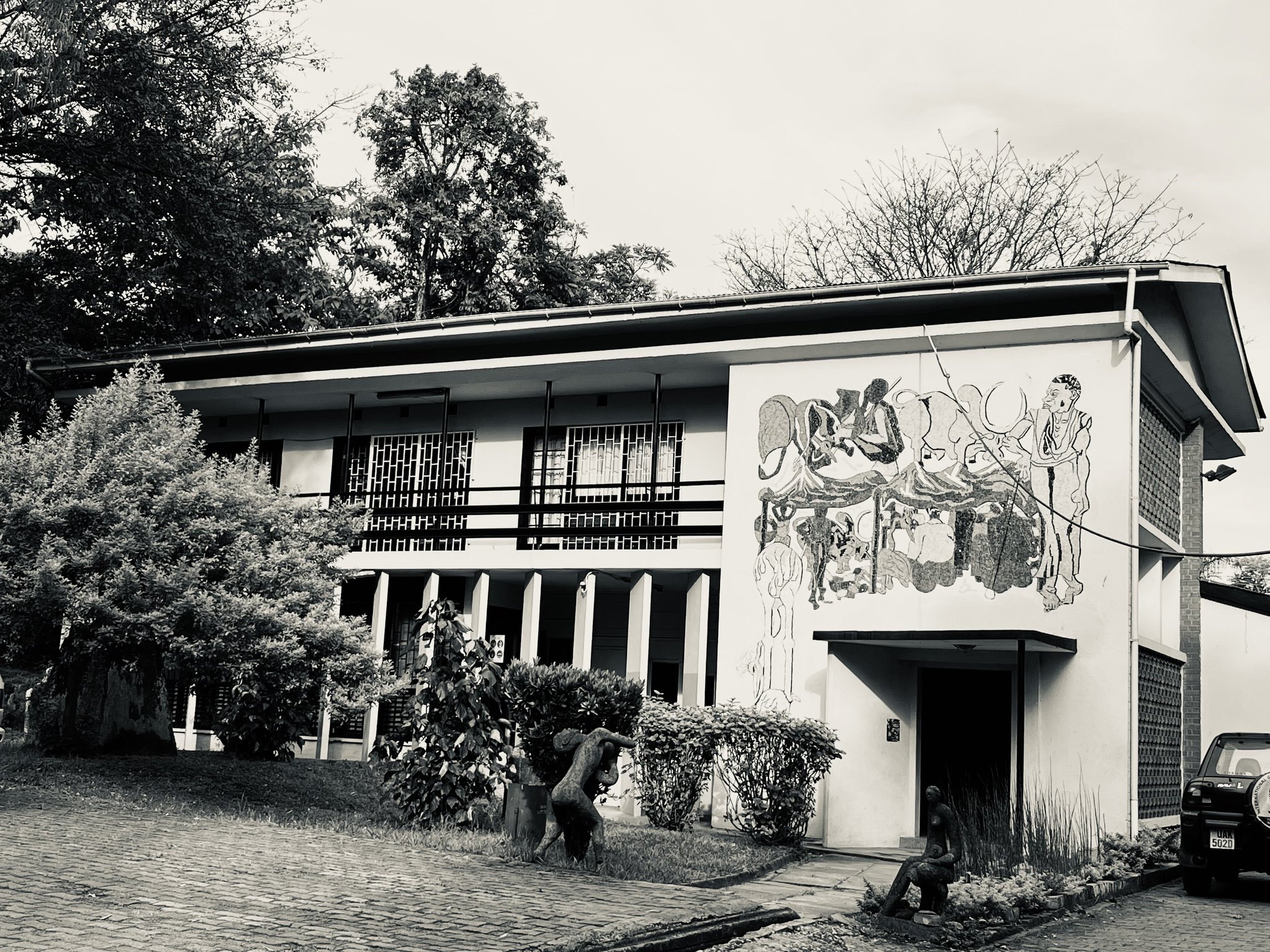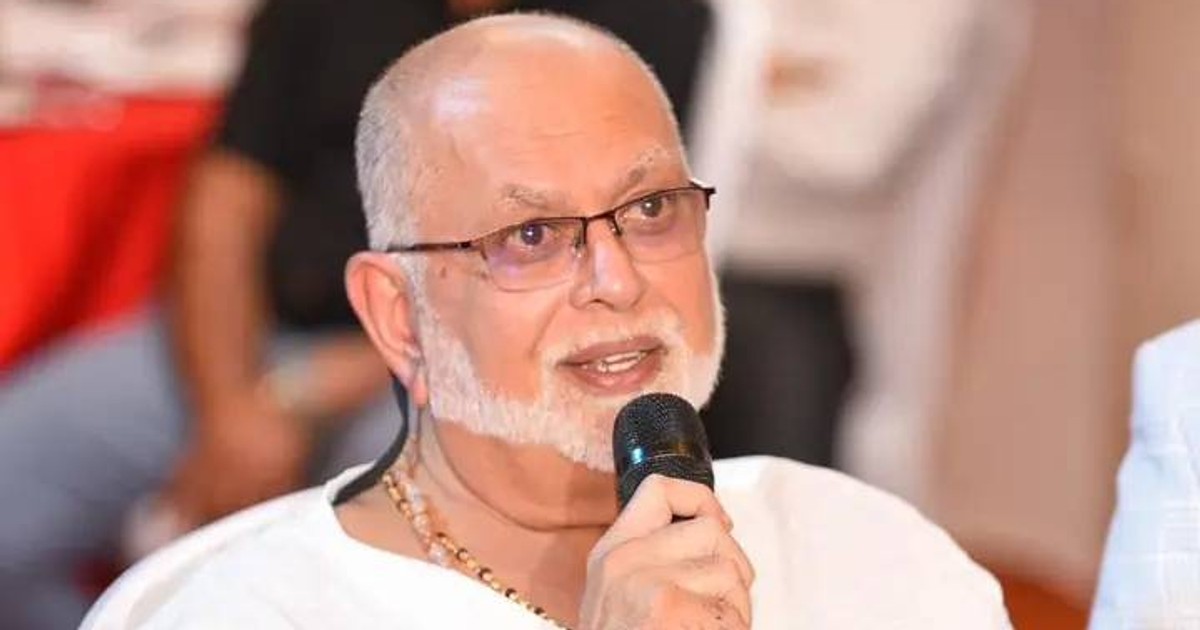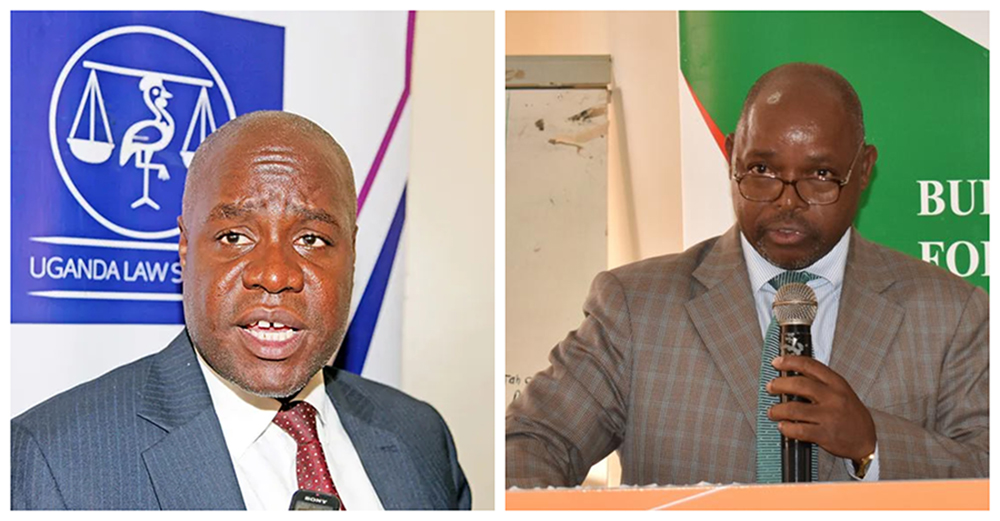The High Court has thrown out a legal challenge by Dr. Richard Kabiito, a lecturer at Makerere University, who tried to stop an investigation into allegations of sexual harassment against him.
Justice Simon Peter M. Kinobe said the case was not ready for court review because the university’s probe was still in its early stages and Dr. Kabiito had not used all internal options to resolve it.
He said since there was no final decision from the university yet the court cannot step in to decide if the harassment claims are true or false. That’s for the university’s internal system to handle first.
The story started in November 2019 when a female undergraduate student (names withheld) wrote to Makerere’s Gender Mainstreaming Directorate.
She accused Dr. Kabiito of making unwanted flirtations that made her uncomfortable during her studies at the Margaret Trowell School of Industrial and Fine Art.
She said the behaviour got worse in her final year, becoming hostile and irritating, prompting her to file a formal complaint.
In response, the university set up an Ad Hoc Committee in February 2020 to look into the claims. The committee’s chairperson, Dr. Consolata Kabonesa, sent Dr. Kabiito a letter asking him to explain the allegations in writing within seven days. He replied through his lawyers, denying the claims and calling them “frivolous” and made in “bad faith.”
Dr. Kabiito then took the university to court in May 2020, naming Makerere as the first respondent, Associate Prof. Maria Kasule Kizito (the school’s dean) as the second, and Dr. Nabuyungo Rita Edopu (acting head of the Fine Art department) as the third.
He argued that the process violated his right to a fair hearing under Uganda’s Constitution. For instance, Kabiito said the university did not reveal the complainant’s identity quickly enough.
Second, he argued the complaint was anonymous and “trumped up” as revenge for a previous court dispute he had with the dean and department head.
He wanted the court to declare the process illegal, quash the letter, award him Shs 200 million in compensation, and even send the two staff members to civil prison for contempt.
He also asked for orders to stop the probe and prevent his removal from his lecturer job.
Makerere’s secretary, Yusuf Kiranda, explained the university’s side in court documents. He described the standard steps for handling such complaints: Students report to college admins or the gender desk, the vice chancellor forms a committee if the claims seem serious, the accused gets a chance to respond, and then hearings happen with witnesses.
If needed, it goes to the Appointments Board and possibly an appeals tribunal. Kiranda said the investigation stalled due to the Covid-19 lockdown and Dr. Kabiito’s lawsuit, which sought to block it.
Justice Kinobe focused on one main issue: Is this case suitable for judicial review? He quoted Article 42 of the Constitution, which gives people the right to challenge unfair administrative decisions in court.
But under court rules, applicants must first exhaust all remedies inside the public body—like appealing to Makerere’s Staff Appeals Tribunal.
The judge noted that no decision had been made against Dr. Kabiito yet; the February 2020 letter was just a request for his side of the story.
“These proceedings were filed in the absence of a decision,” the ruling stated. He added that the evidence seemed to ask the court to decide private matters, like whether the harassment happened, which isn’t the purpose of judicial review. Instead, it’s about ensuring fair processes, not the outcome.
The judge dismissed the application, ordering Dr. Kabiito to pay the respondents’ legal costs. He didn’t address other issues, calling it “an effort in futility.”
This ruling means the university can now resume its investigation if it chooses. Dr. Kabiito could appeal the dismissal or wait for a final university decision before trying court again.







